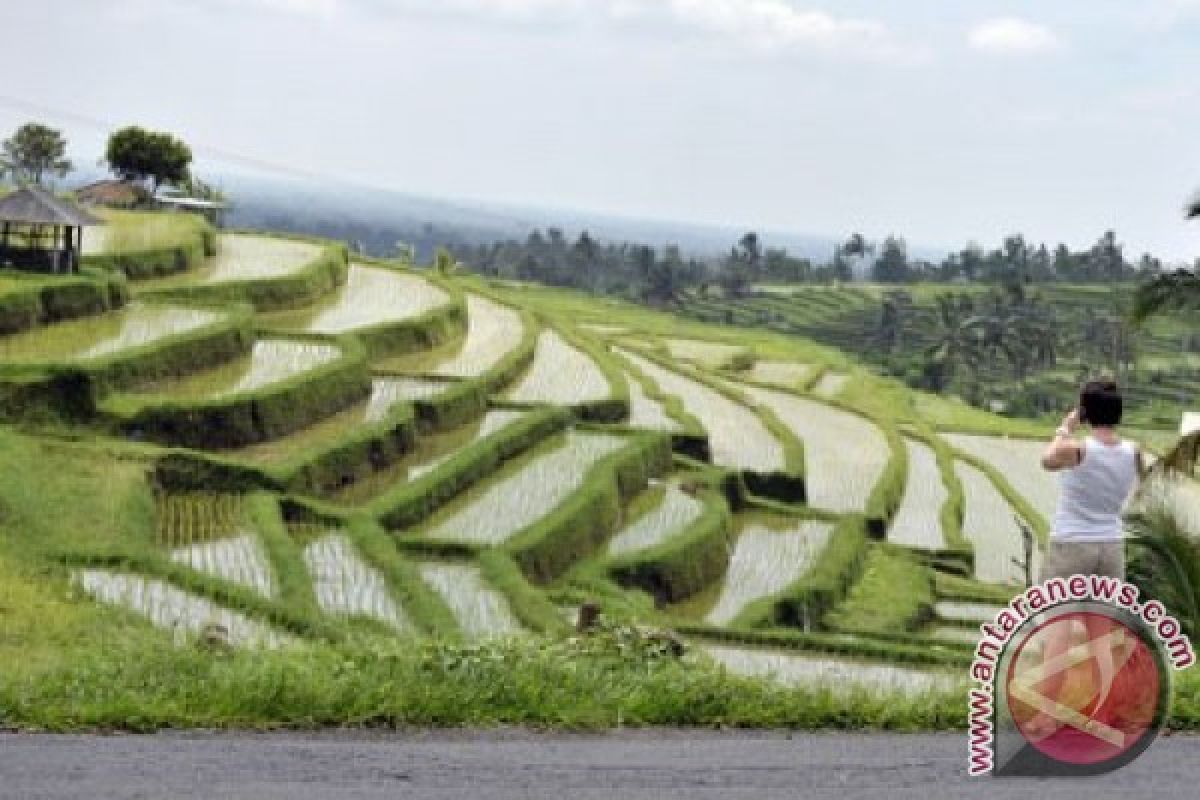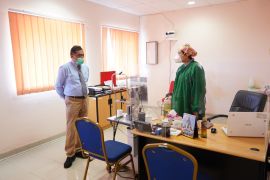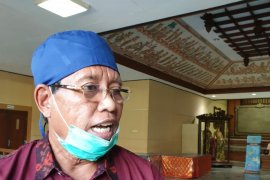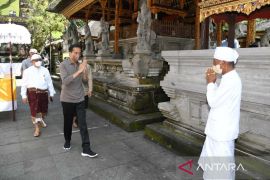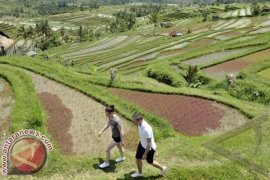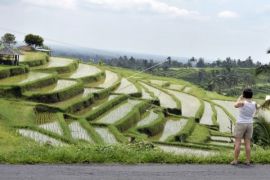Paddy fields, 'subak' and farming system meanwhile are the foundation and integral part of the Balinese culture."Denpasar, Bali (ANTARA News) - Agricultural land conversion in Bali in the past five years has been alarming and potentially threatening food resilience in the tourist island, a local university professor said.
"In the past five years around 5,000 hectares of agricultural land have been converted or averagely 1,000 hectares a year," Prof Dr I Wayan Windia from state Udayana University said here on Sunday.
The head of the university`s "Subak" irrigation system research center said in the previous five years rice fields in Bali shrank by around 750 hectares a year on average.
This shows that more and more rice fields are being sold, adding that agricultural land sales have not only happened in urban but also suburban areas, he said.
Prof Windia said the trend showed that local people have become less respectful towards the agricultural lands that their forebears had fought and inherited to them.
He said perhaps people have now become greedy or pragmatic and have lost their idealism in the midst of current globalization.
He said globalization was marked by tighter competition, materialism, consumerism and capitalism.
He warned "if we lose in the fight we will be run over and as a result all social systems in the community including culture would turn into dust. Paddy fields, `subak` and farming system meanwhile are the foundation and integral part of the Balinese culture," he added.
He said forebears had sacrificed their lives for developing "subak" because developing terraced paddy fields in hilly areas was not easy.
Prof Windia hoped that the existing fields must be preserved and if possible must not be sold.
(Reporting by I Ketut Sutika/H-YH/S012)
Editor: Priyambodo RH
Copyright © ANTARA 2013
